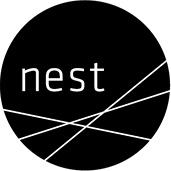Why are human skills becoming even more important?
Gone are the days where many workers perform the same repetitive task over and over. In an age of automation, the jobs that will remain will more often than not require critical thinking and collaboration skills. Technology can automate repetitive tasks, but it is much harder for artificial intelligence to compete against humans in roles that require social finesse and emotional intelligence, such as selling and managing people.
In 2016, the World Economic Forum published an extensive report called The Future of Jobs. One of the report’s main findings is that “social skills – such as persuasion, emotional intelligence and teaching others – will be in higher demand across industries.”
According to a survey of major employers by the Business Council of Canada, Canadian firms do not face a “comprehensive skills shortage,” although there are some gaps in specific technical areas. Instead, the survey indicates that hiring managers identify soft skills as “most in-demand.”
To succeed in the 21st century, Canadians have to marry high-calibre technical and human proficiencies. For instance, the best coders need to not just be excellent at software programming, they also need to be able to work together in teams. If an employee is toxic to a workplace culture, then that individual will likely have a far more negative than positive impact, regardless of that individual’s intelligence or technical proficiency.
Therefore, while technical abilities are important to thrive in a 21st-century economy, there needs to also be a national focus on developing essential human skills in all Canadians.
Read the full article HERE
